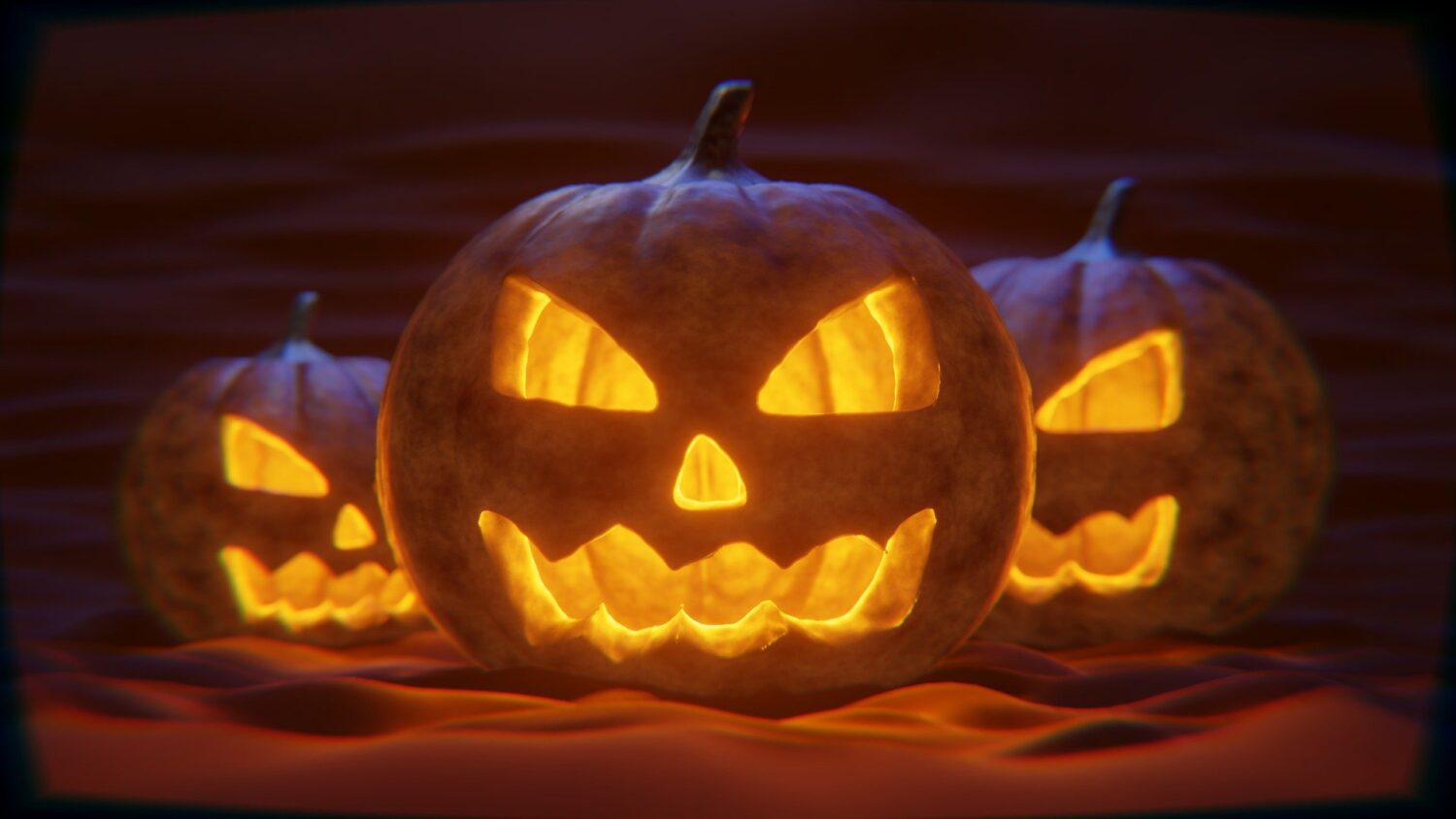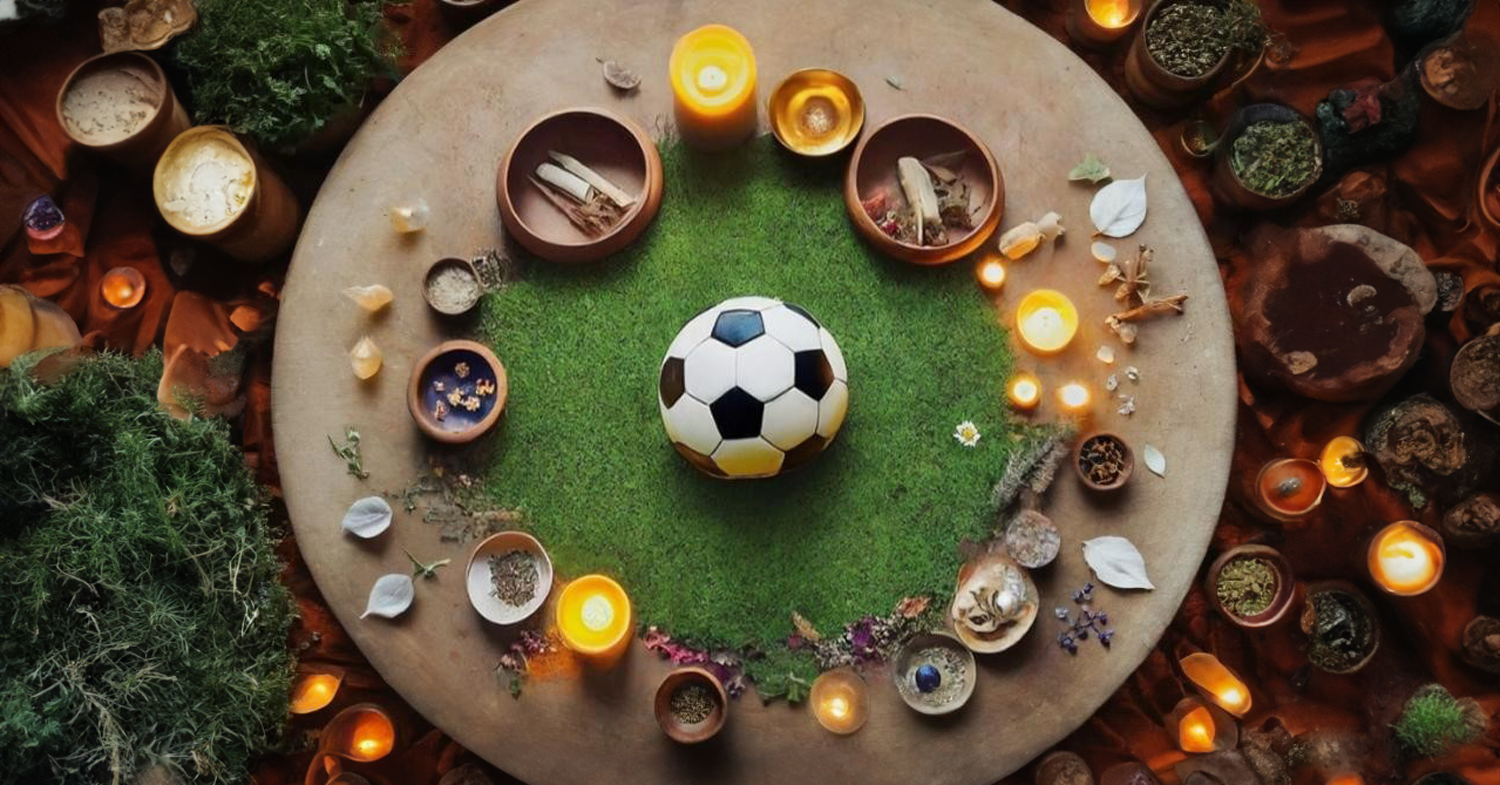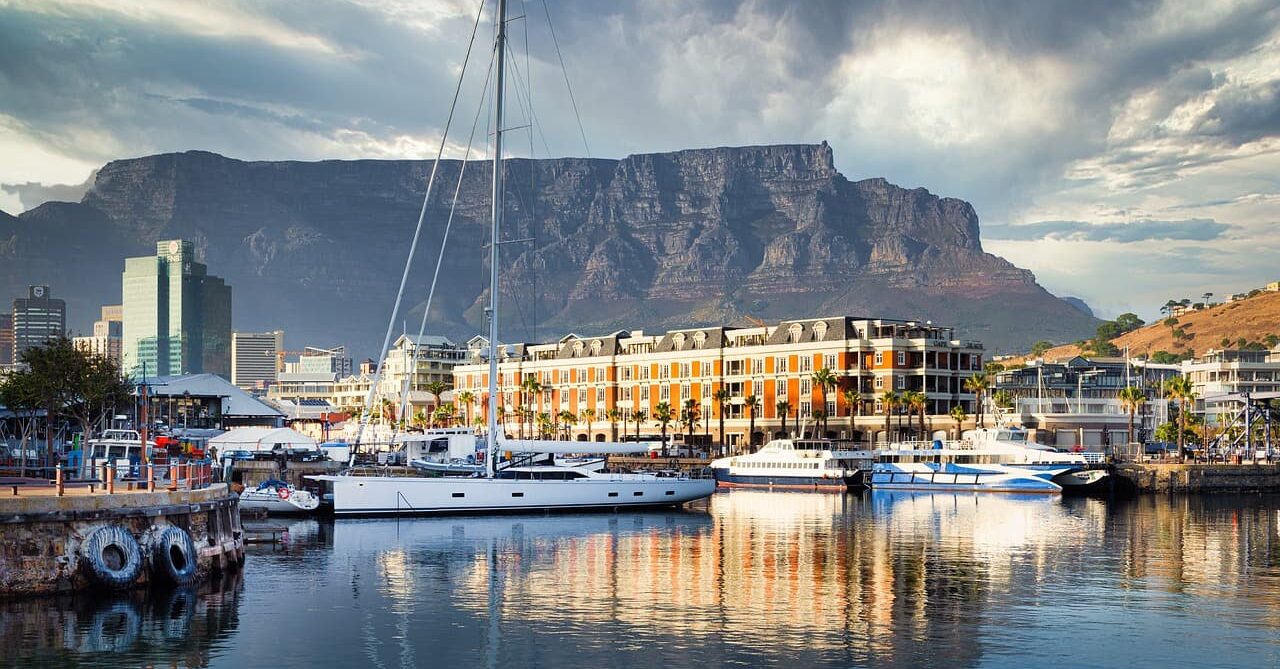On the things that did come home
15th Jul 2021
The aftermath of the final game of the men’s 2020 European football championship between England and Italy hosted at Wembley Stadium is still being felt, for reasons beyond the disappointment that England’s letters weren’t the ones engraved onto the Henri Delaunay Trophy on Sunday night. The momentous evening – which saw the team reach its furthest point in the history of the tournament, and the furthest the team has gone in a major international tournament since winning the World Cup in 1966 – has been somewhat marred by vile racist abuse targeted towards members of the England team: Marcus Rashford, Jadon Sancho and Bukayo Saka.
The reactions of a very small minority, whose voices are given an opportunity to be heard loud and far as a result of social media, have been the overriding focus this week, and have, rightly, been condemned by Gareth Southgate, the England manager, who called the abuse “unforgiveable”, as well as the Metropolitan Police who are investigating the abuse, stating that “it will not be tolerated”. The UEFA issued a statement saying that it stood by the players and “FA’s call for the strongest possible punishments”.
These events have sparked disgust and outrage, and serious conversations about how abuse like this on social media can be stopped. Additionally, we believe it’s important to acknowledge the sentiment shared by Gareth Southgate during a press conference following the game, that the England team had ‘been a beacon of light in bringing people together, in people being able to relate to the national team’ and that they had ‘shown the power our country has when it does come together’. We therefore thought we’d take the opportunity to explore the hugely positive impact the England team and their performance over the summer has had for the country:
- The final was watched by 30.95 million viewers, broadcast on both ITV and the BBC, with combined viewing figures making it the highest TV audience in recent history. It was the focal point for people coming together physically in gardens, pubs, living rooms; or in spirit, wearing the same shirts, with the same colours painted on faces up and down the country. It was an event that united a country that can so often feel disjointed and fractured, as we came together to cheer on a team that in itself highlights how success and strength comes about as a result of diversity and differences in age, background, religion and ethnicity.
- England’s team was the second youngest in the tournament, with an average age of just 25, and the young team only have to wait one year until the next major tournament, the World Cup. This means there’s every chance the same team will come back stronger, more experienced and buoyed with this year’s success to give ‘bringing it home’ another good go – which is definitely something to get behind and look forward to.
- Gareth Southgate issuing the ‘Dear England’ letter prior to the tournament highlighted the team belonging to an ‘experience that lasts in the collective consciousness of our country’, and how, therefore, it is their duty to use the influence of their voices to raise awareness and educate on matters of equality, inclusion and racial injustice. We’ve seen evidence of this when Harry Kane wore a rainbow armband to mark pride month during one of the fixtures, in Marcus Rashford’s campaigns to tackle child food poverty and the way Raheem Sterling works to fight racial injustice, for which he was awarded an MBE, as well as the foundation he set up to improve the social mobility of disadvantaged young people.
- The England team have said that a significant chunk of the second-place prize money (which is set to be around £21.4 million) will be donated to NHS charities as part of the #PlayersTogether initiative.
- And lastly… men and boys up and down the country can now relate to the painstaking science that goes into the upkeep of bleached blonde hair as the Phil Foden ‘do’ became the latest look. Purple shampoo and deep-conditioner, people.

 X.com
X.com LinkedIn
LinkedIn

